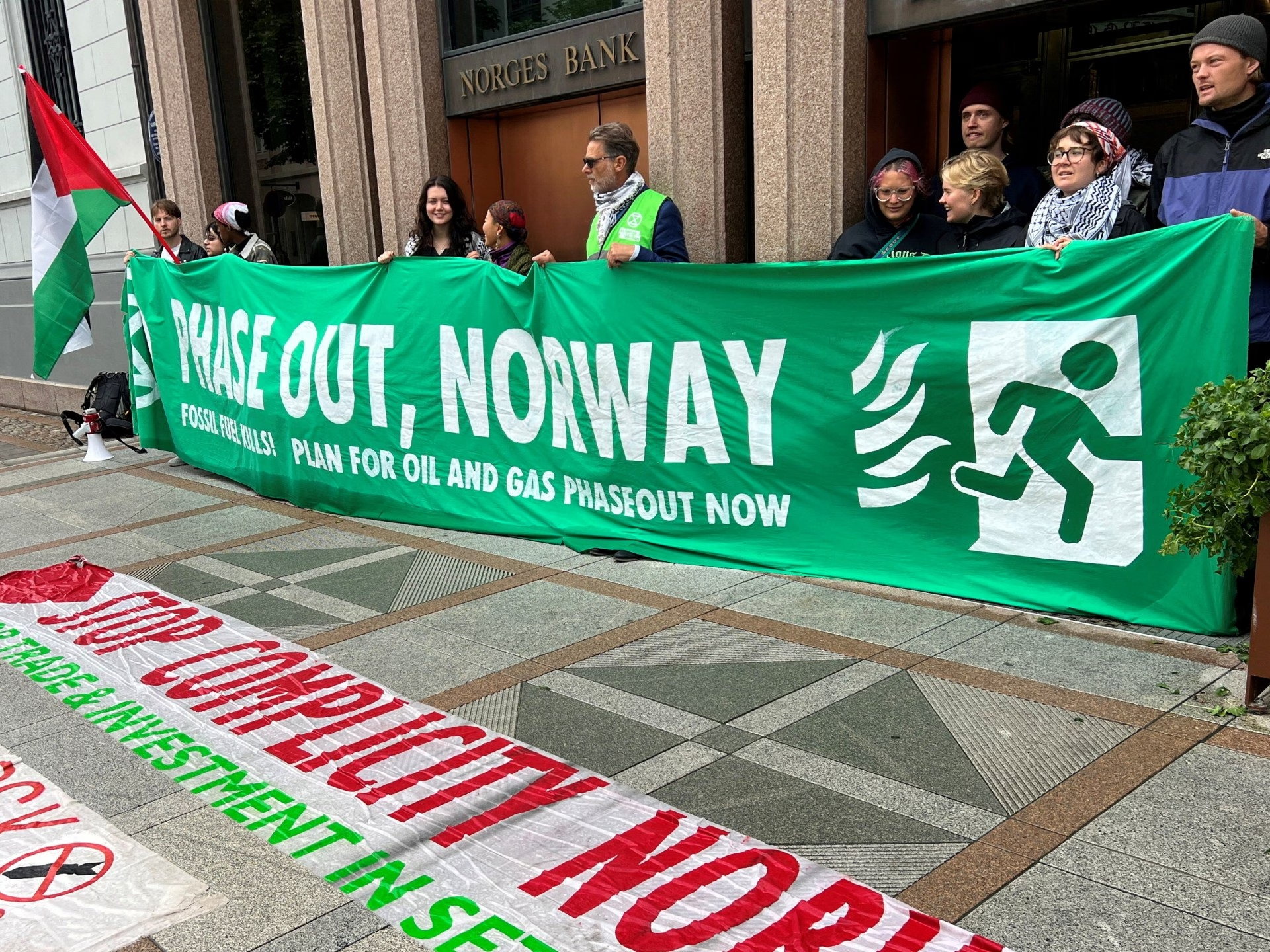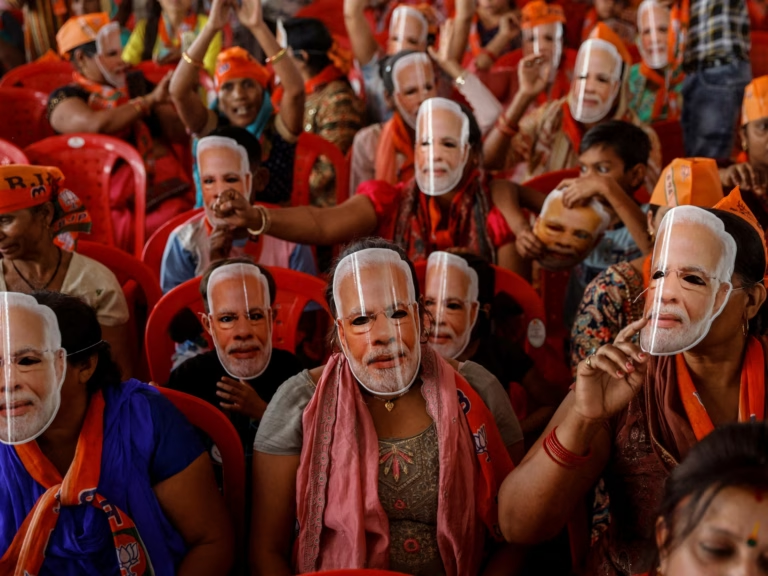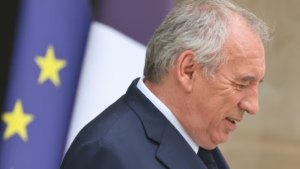On Monday, Norway will hold elections to determine its next parliament, with a close contest anticipated between a center-left bloc, led by the incumbent Labour Party, and a center-right bloc dominated by the populist Progress Party and the Conservatives. Key issues influencing the vote include inequality and taxation, as well as controversy surrounding Norway’s sovereign wealth fund, which faces scrutiny over its investments in companies tied to Israel amid the ongoing conflict in Gaza.
Historically, maintaining the non-political status of the $2 trillion sovereign wealth fund—a major global institutional investor—has been crucial. The fund, established in the early 1990s to manage revenue from North Sea oil sales, is now at the center of debate due to its investments in Israel. Norway’s elections use a proportional representation system where 169 politicians are elected to the Storting for four-year terms, with 19 additional seats allocated to parties whose national vote isn’t reflected in district results, provided they secure at least 4% of the vote nationwide.
As of the latest polls, a continuation of Labour’s rule under Jonas Gahr Stoere, who took power in 2021, remains a possibility. However, a center-right win could lead to either Progress Party leader Sylvi Listhaug or Conservative Party head Erna Solberg heading the next government. While Labour supports stable taxes, some of its allies advocate for higher rates on the wealthy to fund tax cuts for low-income families and expanded public services. Progress and the Conservatives, on the other hand, push for significant tax cuts.
Elections will begin with early voting on July 1, ending on September 8, with first exit polls expected at 19:00 GMT and final results possibly the following day. Opinion polls indicate that no single party is expected to win an outright majority, suggesting a coalition government will be necessary.
Norway’s sovereign wealth fund, a beacon of the country’s oil wealth, faces calls for divestment from Israeli companies due to their role in the conflict in Gaza. The fund, known for its adherence to strict investment guidelines prohibiting involvement in human rights abuses or conflict situations, has already divested from several Israeli companies. Political parties’ positions on these investments vary, with Labour expressing discomfort over the fund’s role in supporting what it terms “violations of international law” in Gaza. Conversely, Conservative leader Erna Solberg emphasizes the importance of keeping investments politically impartial.
The election is also shaped by broader concerns such as economic inequality, a rising cost of living, and growing skepticism towards the United States under Donald Trump’s presidency. These issues have increased in significance as voters express worry over geopolitical tensions, including those related to the potential US pressure on Norway similar to what Denmark faced concerning Greenland.
Source: https://www.aljazeera.com/news/2025/9/8/norway-elections-why-investments-in-israel-are-shaping-the-vote?traffic_source=rss








